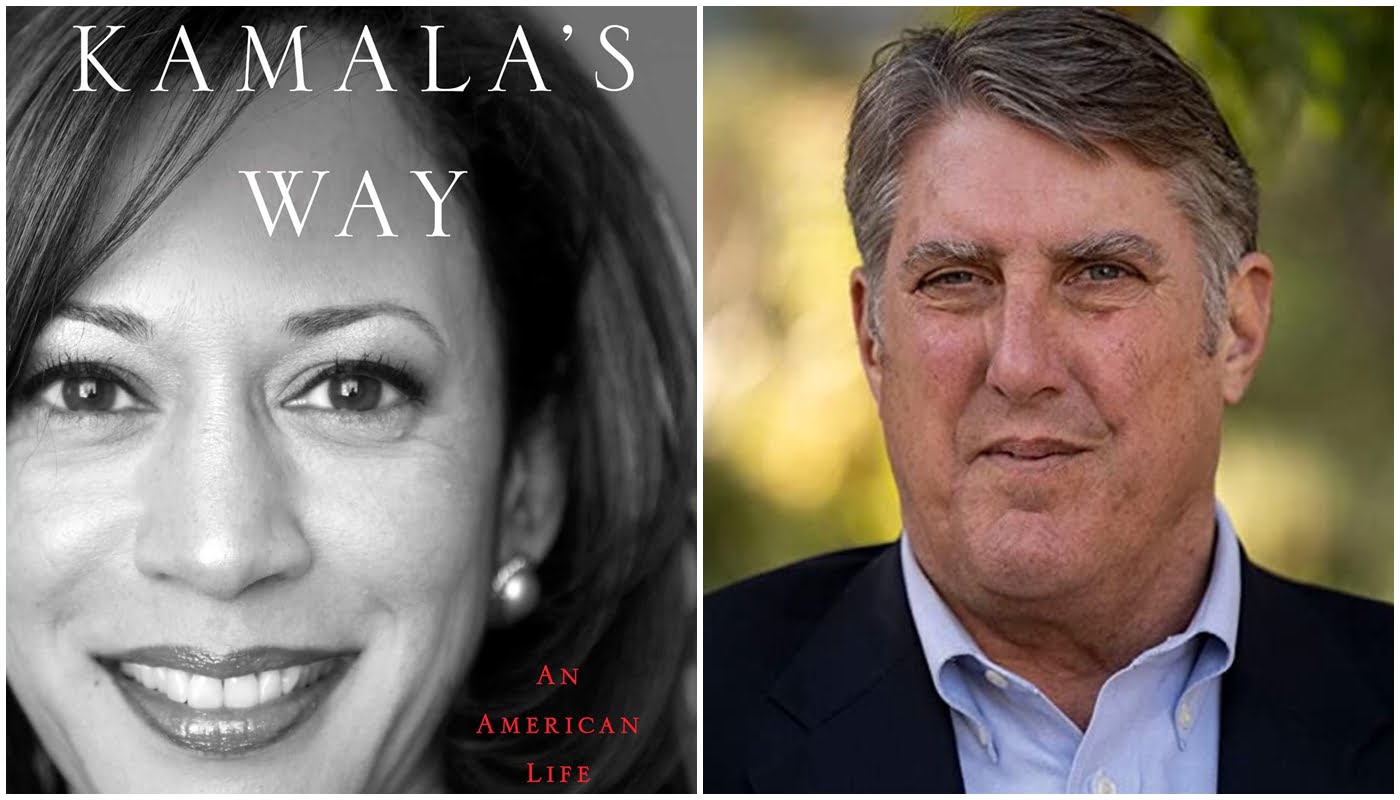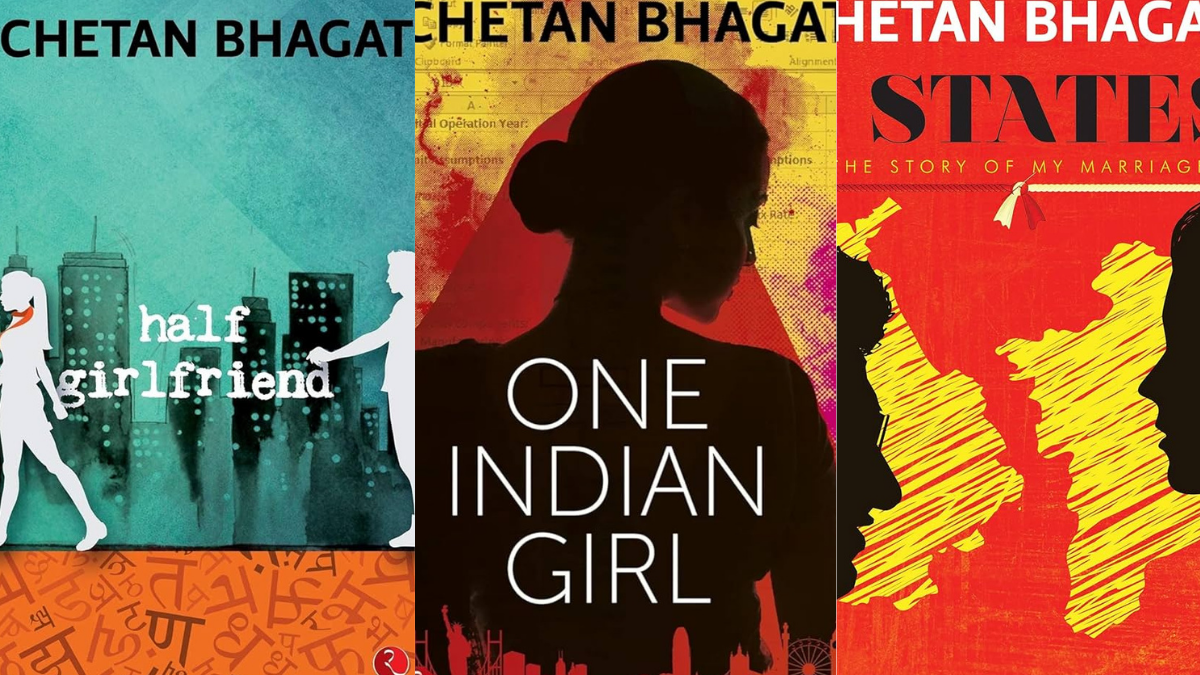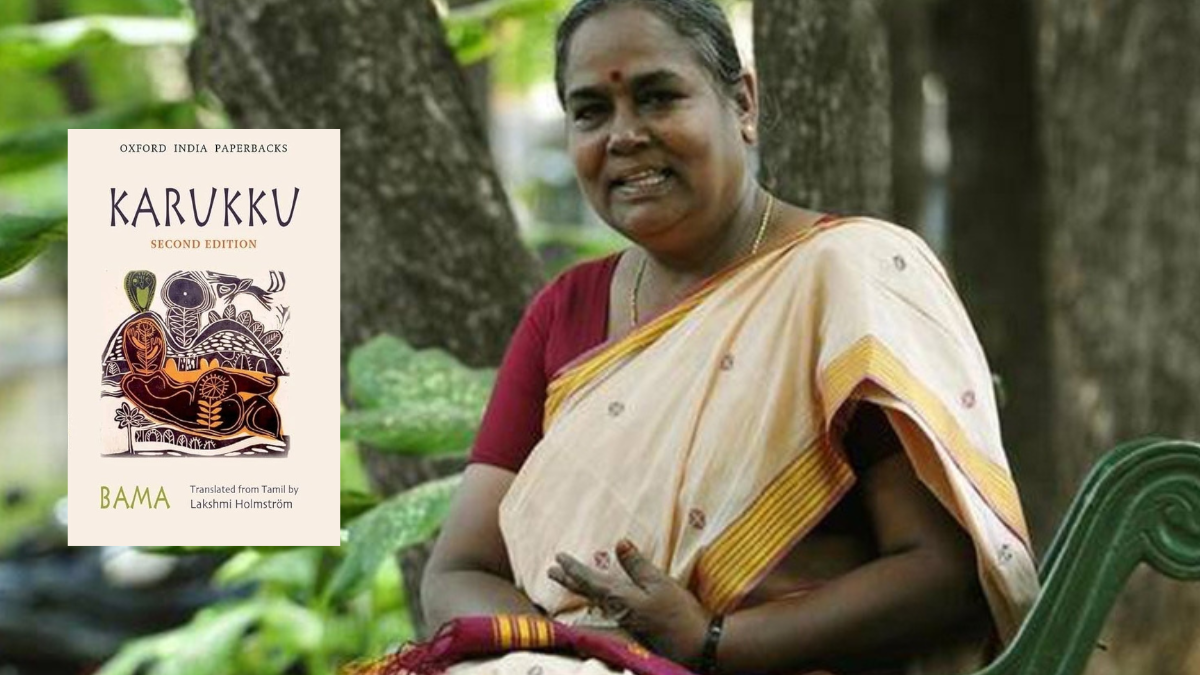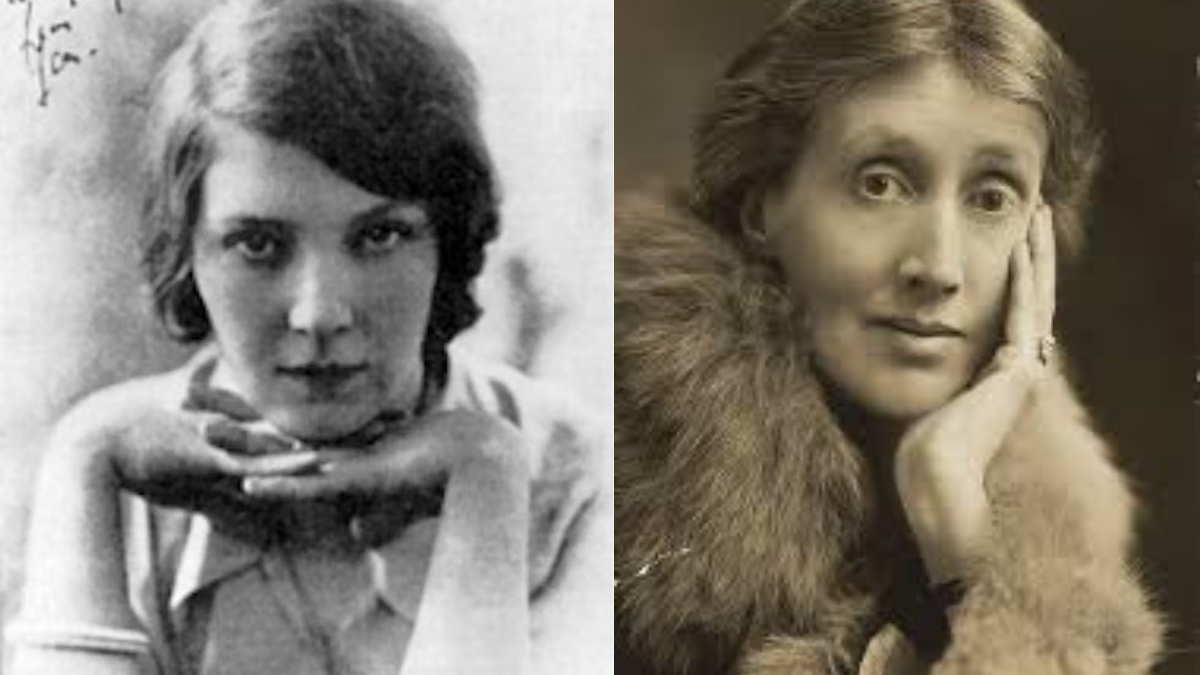Author: Dan Morain
Publisher: Simon & Schuster, 2021
I am unsure how many Indians knew about Kamala Devi Harris before the 2020 US presidential elections. The daughter of the India-born Shyamala Gopalan and Jamaican-born Donald Harris, Kamala was California’s first Black woman to become a district attorney (DA). Then she went on to assume the same position in San Francisco. And finally became the first-ever woman to assume one of the highest-ranking positions in US political history by becoming the Vice President. Not only that, but she’s also the first-ever African-American and Asian-American to do so.
What she goes on to achieve from here is only left to be seen. Don Morain’s biography of the US’ Vice President Kamala’s Way: An American Life chronicles her life. Morain has been covering justice-related issues in California for over four decades now and has covered Harris’s career for almost two decades. This makes him uniquely positioned to write this book in which he has unearthed and collected stories that have made Harris what she is today. His words are sharp and selective. He never misses an opportunity to lay out bare facts, provides the necessary background, contextualises histories for the average reader, and poses necessary questions in a series of thirty-four crisp and consumable chapters in Kamala’s Way: An American Life.
Dan Morain never misses an opportunity to lay out bare facts, provides the necessary background, contextualises histories for the average reader, and poses necessary questions in a series of thirty-four crisp and consumable chapters in Kamala’s Way: An American Life.
Also read: Kamala Harris, The Complexity Of Her Identity And How It Plays Into The Upper-Caste Hindu Narrative
Kamala’s Roots
“If Kamala Harris owes her place in history to anyone, it is to the twenty-six-year-old Indian immigrant who gave birth to her at Kaiser Hospital in Oakland, California, in the fall of 1964,” writes Morain. He also narrates an incident that Harris recounts often: “She tells the family tale that on one occasion, as she was fussing in the stroller, her mother asked what she wanted. ‘Fee-dom!’ she is said to have answered.”
It’s this ethos and family values that have shaped Kamala’s personality, writes Morain in Kamala’s Way: An American Life. Her parents participated in the Civil Rights movement, and her mother welcomed Wanda Kagan, Harris’ friend from the high school, who was facing abuse at the hands of her stepfather. When Harris was invited on The Oprah Winfrey Show, after becoming the DA, Kagan watched her friend at the prestigious talk show, admiring her more than ever.
Being a private person, it’s never Kamala’s way to make such things public. It’d be rare instances when she’ll speak about her family, but when she does, she doesn’t hide. Of her father, she said: “He’s a good guy, but we’re not close.” But she’d not even flinch to make a sassy and savage remark, behaving almost like the real-life avatar of Annalise Keating from How to Get Away With Murder. Sample this: “When Harris ran for president, a Politico reporter asked her about carrying on Obama’s legacy. ‘I have my own legacy,’ she told the reporter.” quotes Morain in Kamala’s Way: An American Life. When, as a US Senator, she asked Judge Kavanaugh on women’s right to abortion: “Can you think of any laws that give the government the power to make decisions about the male body?” to which Kavanaugh didn’t know how to respond.
Kamala: the Top Cop!
Morain writes how Kamala believed in institutionalising processes that nip the evil in the bud. She instituted “a program aimed at diverting first-time nonviolent offenders from a life in crime by dismissing charges if they enrolled in job training in what she called the Back on Track program.”
She fought for the rights of same-sex couples to marry. When the California Supreme Court made a response similar to the Indian government’s recent response toward the same-sex marriage—“Only marriage between a man and a woman is valid or recognised in California”—Harris was out and about to fight against Proposition 8—to put it crudely: their Section 377.
She proportioned for the statewide gun control when she became San Francisco’s DA, making it clear that “[i]t’s much cheaper to focus on getting that elementary school student to school than it is prosecuting a homicide,” Kamala’s Way: An American Life notes. She even made a huge stride against human trafficking. In her second year as the DA, she gave Maggy Krell an open hand to go after Backpage. In Krell’s words, she said: “Go get ’em.”
The picture, however, is not all that rosy after all. Given how Morain has been covering Harris’ career for decades now, one would expect a more critical engagement especially with the domains wherein she has very evidently faltered to be the ‘voice of the voiceless’ she has always wanted to be in Kamala’s Way: An American Life.
The picture, however, is not all that rosy after all. Given how Morain has been covering Harris’ career for decades now, one would expect a more critical engagement especially with the domains wherein she has very evidently faltered to be the ‘voice of the voiceless’ she has always wanted to be. The New York Times reported how Harris is “constantly negotiating a middle ground between two powerful forces: the police and the left in one of the most liberal states in America.” And, when it comes to the principles she held dear to herself, contrary to that, in her initial years as a DA, the conviction rate jumped from 52 to 67.
Also read: Kamala Harris Isn’t The South Asian Feminist Role Model We Want
Also, as Politico argues, Harris has definitely “courted influential friends among San Francisco’s moneyed elite” for funding her campaigns. The Atlantic has also criticised her for “splurging on luxury cars, airline tickets, and first-class accommodations.” Morain includes this in Kamala’s Way: An American Life as he writes: “The magazine reported bills totaling $18,000 at such luxury hotels as Washington’s St. Regis, the Waldorf Astoria in Chicago, and the W in Los Angeles. The piece cited ‘anemic fundraising [that] have dimmed her aura of inevitability.’”
Against All Odds
Kamala has been cut-off by Republicans while asking “testy” questions to people in power. Once a “guy with the man bun” also grabbed the microphone during her talk on gender pay inequity, taking her by surprise. Her father once remarked rather unfavorably against her. (Harris, on The Breakfast Club, responded about smoking marijuana in college—“Half my family’s from Jamaica. Are you kidding me?”) But nothing has deterred Kamala from achieving what she wanted to be. A comparison, that’d make Indians smile, as it’s akin to any feminist-themed Bollywood movie, Morain calls Kamala an avatar of Kali in Kamala’s Way: An American Life. However, the Kali-avatar didn’t want to be, as Morain writes, “anyone’s vice president.”
But that’s no less a feat.




